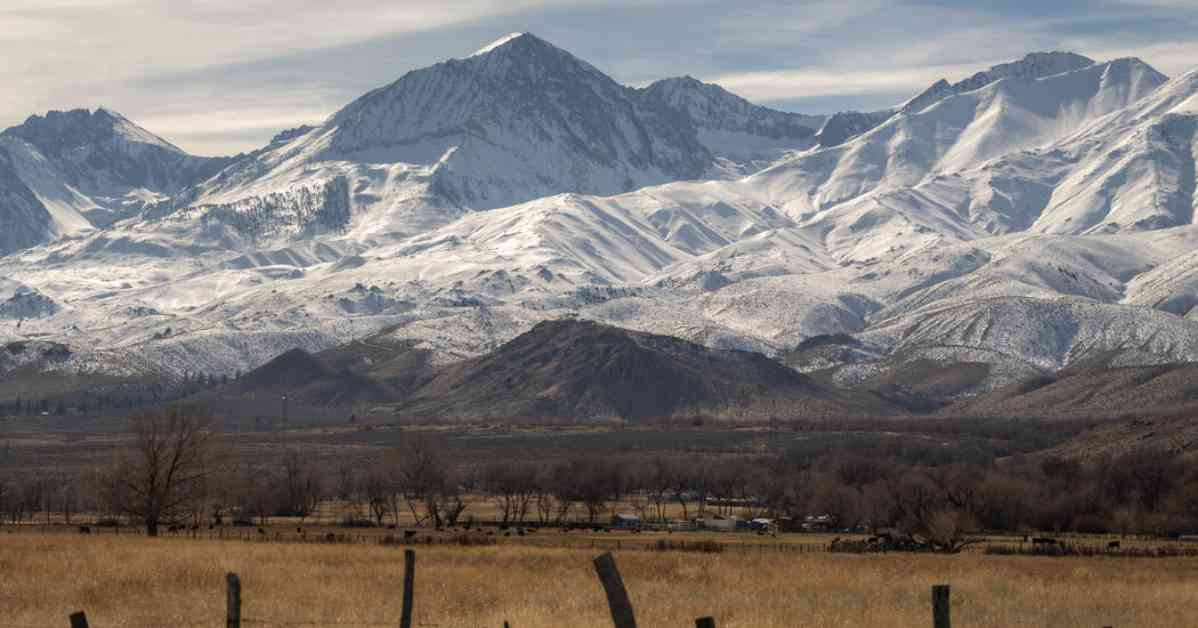The Owens Valley, a vast territory in California, was once home to Native American tribes who lived off the land’s natural resources. However, in the early 1900s, much of the land was taken from them for water rights, leading to a loss of access to their ancestral lands. The construction of a long aqueduct from Owens Lake to Los Angeles further exacerbated this loss, as most of the water was diverted to the city, leaving the valley and its people struggling.
Today, the four recognized tribes in the Owens Valley area have less than 2,000 acres of reservation land, a stark contrast to what they once inhabited. However, there is a glimmer of hope on the horizon as tribal members are reclaiming small portions of the valley as part of the growing “Land Back” movement. This movement, gaining momentum across the country, aims to return land to Indigenous stewardship and empower Native communities to regain control over their ancestral lands.
Despite the challenges faced by the tribes in Owens Valley, there is a sense of optimism and resilience among the community. The recent property transfers signal a shift in power dynamics and a reconnection to the land that sustained their ancestors for generations. As the movement gains traction, tribal members are hopeful that more significant changes will follow, leading to a more equitable distribution of land and resources.
The story of the Owens Valley and its Native American tribes serves as a reminder of the ongoing struggles faced by Indigenous communities across the country. It highlights the importance of acknowledging past injustices and working towards meaningful reconciliation and restitution. By reclaiming their ancestral lands, tribal members in California are not only restoring their connection to the land but also reclaiming their identity and heritage in a world that has long marginalized and oppressed Indigenous peoples.
As the Land Back movement continues to grow, it is essential to support and uplift the voices of Native communities fighting for land rights and sovereignty. By amplifying their stories and advocating for change, we can work towards a more just and equitable future for all. The journey towards reclaiming the “Land of the Flowing Water” is far from over, but with perseverance and solidarity, tribal members in California are paving the way for a brighter tomorrow.


















